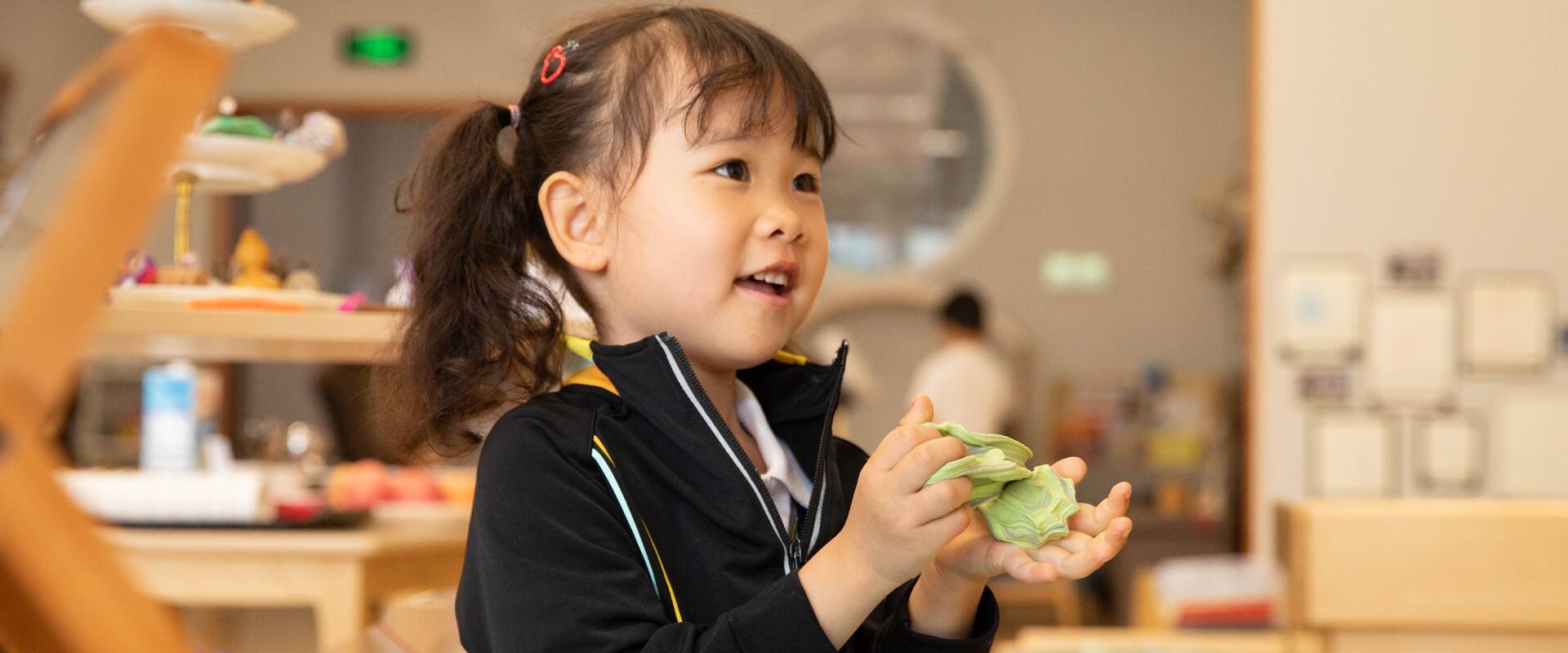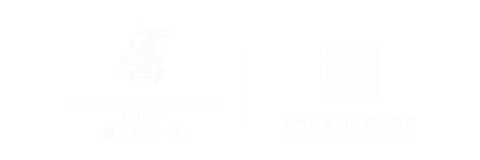I extend my sincere gratitude for the recent meeting with the parent representatives where we discussed the exciting arrangements for Chinese New Year. The meeting was marked by collaboration, constructive dialogue and a touch of good-hearted debate, creating an atmosphere of anticipation for the upcoming CNY event and celebrations.
Shifting focus, I would like to delve into the important topic of inclusion. I am currently undertaking a yearlong professional course, which is centred around 'Diversity, Equality and Inclusion' within schools and the broader global context. It is a huge subject area but I want to focus our attention this week on the intricacies of brain function.
Globally, our understanding of the intricacies of the brain is still in its infancy, leading to various misconceptions on the subject. A fundamental principle to bear in mind is that every brain is unique.
Reflecting on my childhood, my mother, a Norland Nursery Nurse – a highly trained childcare professional in the UK, held robust and progressive beliefs about inclusion. Recognisable in pictures of British Royal children with a lady in a brown dress, their ‘Norland Nanny,’ she firmly advocated for the inherent right of all children to opportunities that enable them to realise their potential. Her conviction transcended the idea that children when exposed to and engaged with others who may differ from them, develop into empathetic adults unafraid of diversity. Interestingly, contemporary research substantiates her perspective.
‘Norland nanny’ with the late Queen, Prince and Princess of Wales and Prince George.
Drawing from personal experience, my mother’s sister suffered an event at the age of two resulting in severe brain damage. Despite societal stigmas in the 1950s UK, my mother championed inclusion. A neighbour’s daughter, whom I’ll refer to as Amy, was born with brain damage and became part of our lives. While others avoided Amy, my mother regularly welcomed her and her mother for coffee, instilling in me invaluable life skills-recognising Amy as just another child, learning to ‘listen’ to her nonverbal cues, understanding her likes and dislikes and gaining insights into human behaviour. Delving deeper, I discovered her fondness for the stories I read to her, gaining insights into her unique personality. Simultaneously, I became aware of the less commendable aspects of human behaviour, primarily by discreetly overhearing conversations among the mothers. This experience led me to a profound understanding—that there is nothing to fear from individuals who may appear ‘different.’
This passion drives my approach to every child (having worked extensively with children presenting in multiple different ways). Contemplating, “Are we empathising with this child? Are we considering the workings of their brain? How can we communicate effectively?”
It is crucial not to misconstrue my stance. If, at any point, I discern that we may be unable to meet a child’s specific needs, I conscientiously explore alternative avenues. However, I only embark on such considerations once I am thoroughly convinced that we have exhausted every avenue within our professional expertise. It is imperative to recognise that teachers, while integral to a child’s development, are not substitutes for medical professionals or psychologists.
As a school, we adhere to a stringent and robust referral process, meticulously designed by our Pupil Support department. This process is pivotal, ensuring that no child is overlooked or slips through the net.
In my perspective, brains are like locks – while many share common keys to understanding the world, some require a different set. It is our responsibility to exhaust all available keys for each child, facilitating their potential in this complex world. Additionally, it is essential to acknowledge that when we successfully find the right set of keys to open a door, the treasure behind it varies for each child.
Allow me to share an example from my experience with an autistic student who was distressed by the lights. She kept saying to me, "The lights, Ms Sophie, the lights!" It was really bothering her. After persistent efforts, I discovered it was a miniscule red light in the smoke detector causing discomfort. Understanding her unique perspective transformed her experience, showing the incredible detail orientation of her brain, a strength in subjects like maths and history. This underscores the importance of finding the right ‘keys’ for each child.
I had the pleasure of meeting her again last year, and I am delighted to share that she is now thriving in a middle school, demonstrating remarkable progress and resilience.
It is one of those things that I cherish most about our nursery, and indeed Wellington College Education (China) - Hangzhou, that true commitment to community and the importance with which the values are held - kindness, integrity, courage, responsibility and respect. Each of these values is reflected in our personal responsibility to empathise, support and embrace others in this vast world - even when they differ from us.
In the words of my mother, “People always think that things won't happen to them, but they might. Always try to act towards others who are different as you would hope they would act towards you."

